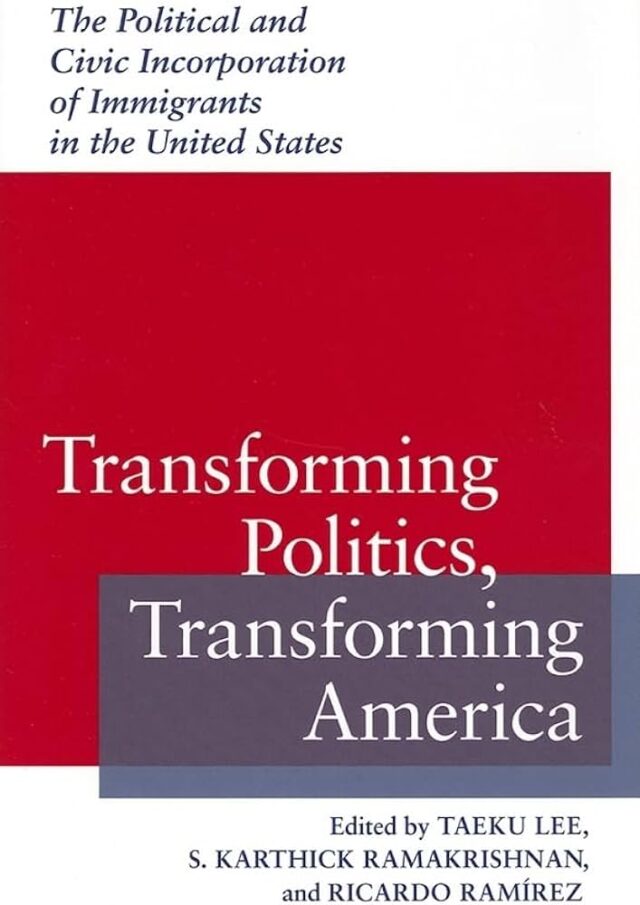How Technology Is Transforming US Politics
Technology is shaping every part of our lives, and politics is no exception. From campaigns to elections, communication, and policies, technology is having a significant impact. In the United States, it has changed the way politicians interact with voters, run their campaigns, and how people stay informed. Let’s explore how technology is transforming US politics and what that means for the future.
Digital Campaigning: Reaching Voters Online
The internet has made it easier for politicians to connect with voters. In the past, politicians would campaign by speaking at events, sending mail, or broadcasting on TV and radio. Today, they also use websites, social media platforms, and email to reach people instantly. Digital campaigning allows politicians to send messages directly to voters, share their policies, and respond to concerns in real time.
Social media, especially platforms like Facebook, Twitter, and Instagram, has become an essential tool for campaigns. Politicians can post updates, videos, and ads, and even livestream events. This helps them reach a broader audience, including young people who may not watch traditional TV or read newspapers. Political ads online can be targeted based on demographics, interests, or voting history, making campaigns more efficient.
However, digital campaigning also has its challenges. The rise of misinformation and fake news has made it harder for voters to trust what they see online. Social media platforms are working to address these issues, but it remains a concern for US politics.
Data Analytics: Targeting Voters More Effectively
Campaigns rely on data to make informed decisions. Data analytics uses large sets of information to identify trends, behaviors, and preferences among voters. Politicians use this data to create more personalized messages and target specific groups of voters. For example, if a politician knows that a group of voters cares deeply about healthcare, they can send messages or ads focused on that issue to those individuals.
Data analytics also helps campaigns figure out where to spend their money. Instead of running ads everywhere, politicians can focus their efforts on areas where they have the best chance of winning. This targeted approach makes campaigns more cost-effective and efficient.
While data analytics has improved the way campaigns operate, it has also raised privacy concerns. Many people worry about how their personal data is being used and whether it is collected without their consent. Politicians and tech companies must address these concerns to maintain public trust.
Social Media and Political Discourse: Shaping Public Opinion

Social media platforms have become a space for political discussion and debate. Politicians use these platforms to engage with their supporters, share their views, and respond to critics. Voters can also use social media to express their opinions, share news, and organize movements.
Movements like #BlackLivesMatter and #MeToo gained momentum through social media, allowing people to unite for a cause and demand change. Social media amplifies the voices of everyday citizens, giving them a platform to influence public opinion and, in some cases, even shape policy decisions.
However, social media can also lead to polarization. People often follow accounts and join groups that reinforce their existing beliefs, which can create echo chambers where only one side of an issue is heard. This can make it harder for people to understand opposing views and find common ground, leading to greater division in politics.
Fundraising Through Technology: Changing Campaign Financing
Technology has transformed how political campaigns raise money. Traditional fundraising involved events, mail-in donations, and phone calls. Now, politicians use online platforms to collect small donations from a large number of people. Websites, mobile apps, and social media make it easy for supporters to donate with just a few clicks.
Platforms like ActBlue, a digital fundraising tool for Democrats, and WinRed, its Republican counterpart, have made it easier for campaigns to reach potential donors. These platforms allow politicians to raise significant amounts of money without relying on wealthy donors or big corporations.
This shift toward online fundraising has democratized campaign financing, allowing everyday citizens to contribute to campaigns. However, it has also led to concerns about transparency and accountability. Critics argue that online fundraising platforms need better regulation to prevent fraud and ensure that all donations are reported accurately.
The Role of Artificial Intelligence in Politics
Artificial intelligence (AI) is playing an increasingly important role in politics. AI tools can analyze vast amounts of data, helping campaigns better understand voter behavior and predict election outcomes. AI-powered chatbots are also used to answer questions from voters, provide information, and even persuade undecided voters.
In addition, AI can help politicians monitor public opinion by analyzing social media posts, news articles, and other online content. This allows them to adjust their messaging and strategies based on what people are talking about.
While AI has many benefits, it also raises ethical concerns. The use of AI in politics can lead to manipulation if not properly regulated. For example, deepfake videos, which use AI to create realistic but fake content, could be used to spread misinformation or discredit political opponents. It is essential to create laws and guidelines that ensure AI is used responsibly in politics.
Voting Technology: Making Elections More Accessible
Technology has made voting more accessible for many people. Electronic voting machines, online voter registration, and even the possibility of voting online in the future are making it easier for people to participate in elections. These technologies are especially helpful for people with disabilities, elderly voters, and those living in remote areas.
In the 2020 US elections, many states expanded mail-in voting due to the COVID-19 pandemic. Technology played a crucial role in managing this process, from online ballot requests to tracking systems that allowed voters to check the status of their ballots.
While technology can make voting easier, it also comes with risks. Cybersecurity is a significant concern, as voting systems could be vulnerable to hacking or interference. Ensuring the integrity of elections through secure technology is essential for maintaining public confidence in the democratic process.
The Impact of Technology on Political Accountability
Technology has made it easier for citizens to hold politicians accountable. News spreads quickly online, and politicians’ actions and statements are often scrutinized by the public in real time. Social media allows voters to ask questions, share concerns, and demand transparency from their elected officials.
In addition, websites like FactCheck.org and Politifact help voters verify the accuracy of politicians’ claims. These fact-checking tools use technology to analyze statements and provide voters with reliable information.
However, technology has also made it easier for misinformation to spread, which can undermine accountability. False claims and conspiracy theories can gain traction online, making it harder for voters to separate fact from fiction. To combat this, tech companies and government agencies must work together to promote transparency and accuracy in political communication.
The Future of Politics in a Digital Age
As technology continues to advance, it will likely play an even greater role in shaping US politics. The rise of virtual reality, blockchain, and other emerging technologies could further change how campaigns are run, how elections are conducted, and how citizens interact with their government.
For the future of politics, the challenge will be finding the balance between innovation and regulation. Technology can make politics more accessible and efficient, but it also comes with risks that need to be addressed. By ensuring transparency, security, and fairness, technology can continue to transform US politics for the better.
In conclusion, technology is rapidly transforming US politics, offering new ways for politicians to connect with voters, run their campaigns, and govern. While it presents many opportunities, it also brings challenges that must be carefully managed to ensure a fair and democratic process for everyone.










